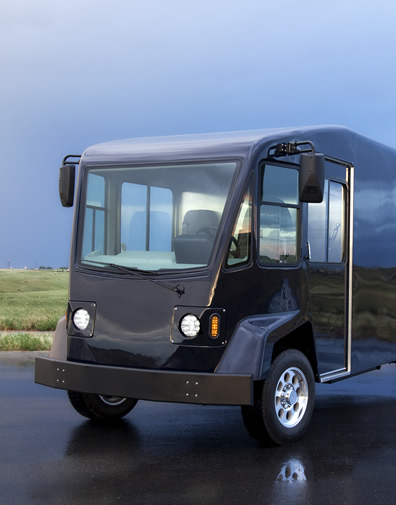Alternative Fuel Vehicle (AFV) High Occupancy Vehicle (HOV) Lane Exemption
- What:
Dedicated AFVs are permitted to use HOV lanes, regardless of the number of passengers. HOV lane use may become restricted if certain speed criteria are met.
Reduced Alternative Fuel Vehicle (AFV) License Tax
- What:
The initial annual vehicle license tax on an AFV is lower than the license tax on a conventional vehicle. The vehicle license tax on an AFV is $4 for every $100 in assessed value. The assessed value of the AFV is determined as follows: during the first year after initial registration, the value of the AFV is 1% of the manufacturer�s base retail price (as compared to 60% for conventional vehicles); during each succeeding year, the value of the AFV is reduced by 15%.
Alternative Fuel and Alternative Fuel Vehicle (AFV) Tax Exemption
- What:
The Arizona use tax does not apply to a qualified EV.
Electric Vehicle (EV) Parking Space Regulation
- What:
An individual is not allowed to stop, stand, or park a motor vehicle within any parking space specifically designated for parking and charging EVs unless the motor vehicle is an EV and has been issued an alternative fuel vehicle special plate or sticker.


